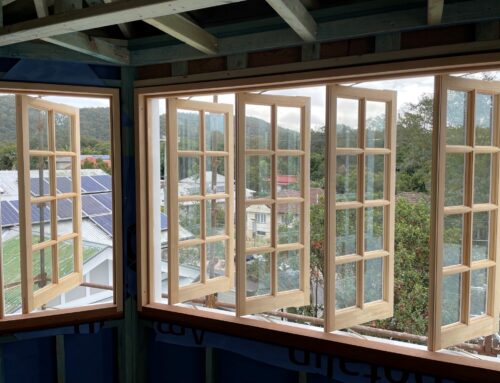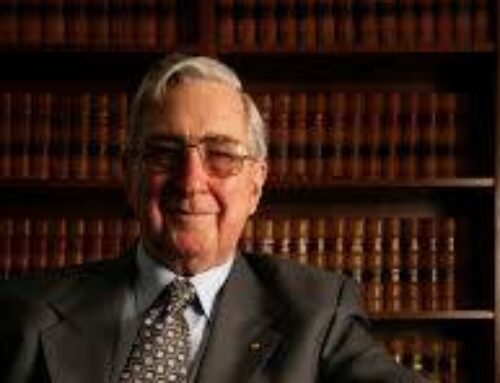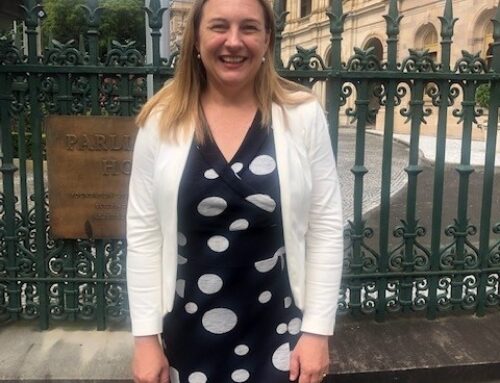The miraculous escape of the 12 boys and their soccer coach from a flooded cave in Thailand was only possible because of the extraordinary expertise and bravery of an international team of rescuers. The world looked on in awe at them achieve the seemingly impossible. It was a rare media event – a triumph against the elements with no villain.
I was interested to read that the Australian Government negotiated for two Australian members of the team to have diplomatic immunity “in case anything went wrong”. International law and Thai law are well outside my area of expertise. However, this is an issue that has been raised by volunteers in community organisations in which I have been involved. What liability attaches to a rescuer or a volunteer who is trying to do good?

Queensland law deals with this in the Civil Liability Act and there are similar pieces of legislation around Australia following on from the Ipp Report in 2002. Even before the 2002 legislation, there was protection for medical practitioners who assisted people in good faith in emergency situations and without “gross negligence”.
In short, rescuers affiliated with a “prescribed entity” or medical practitioners who are rendering assistance to people in danger, cannot be sued for negligence provided the assistance is provided in good faith. The “prescribed entities” include most of the emergency services both government, private and not for profit that operate within Queensland.
Some of my medically trained friends are concerned that providing assistance to someone at the scene of an accident may require them to take action which is outside their expertise. A dermatologist trying to ease pressure on the brain in an attempt to save someone’s life would be negligent if they had tried to provide that assistance in a hospital instead of calling for an appropriate specialist. However, on the side of the road in an emergency situation, the law would prefer they did the best they could.
If an incident such as the Thai cave rescue were to occur in Queensland, the rescuers would be coordinated by one of the prescribed entities and Dr Harris would be protected by the protection for medical practitioners providing emergency assistance.

Provided proper information is passed on at the time that donated food is provided, there is also no liability for food donors by virtue of the Civil Liability Act 2002. This has allowed organisations like OzHarvest to save wasted food from landfill and provide it to people in need.
Volunteers who are assisting through an charity are protected from civil litigation provided they adhere to the rules of the organisation, do not engage in criminal acts and are not intoxicated.
So there you go – volunteer away. As long as you act in good faith, do not try to hurt anyone, do not volunteer while intoxicated and do not commit a criminal offence, you need not fear litigation.

![Medical Records and Claims for Personal Injuries – Maher v Russell [2022] ACTSC 297](https://karelawyers.com.au/wp-content/uploads/2023/02/files.jpg)



